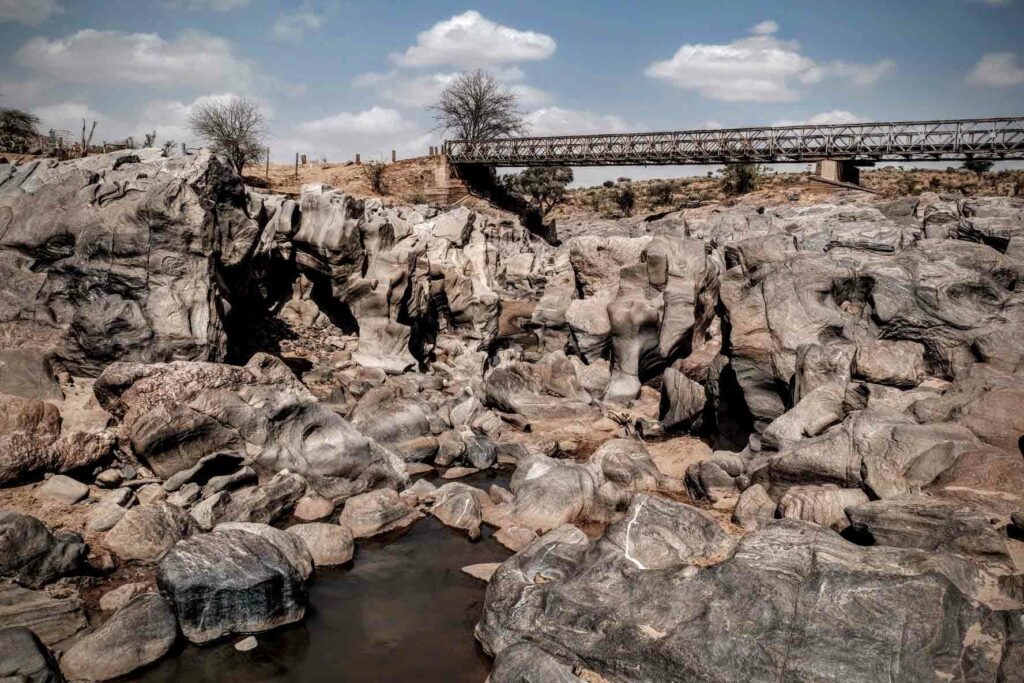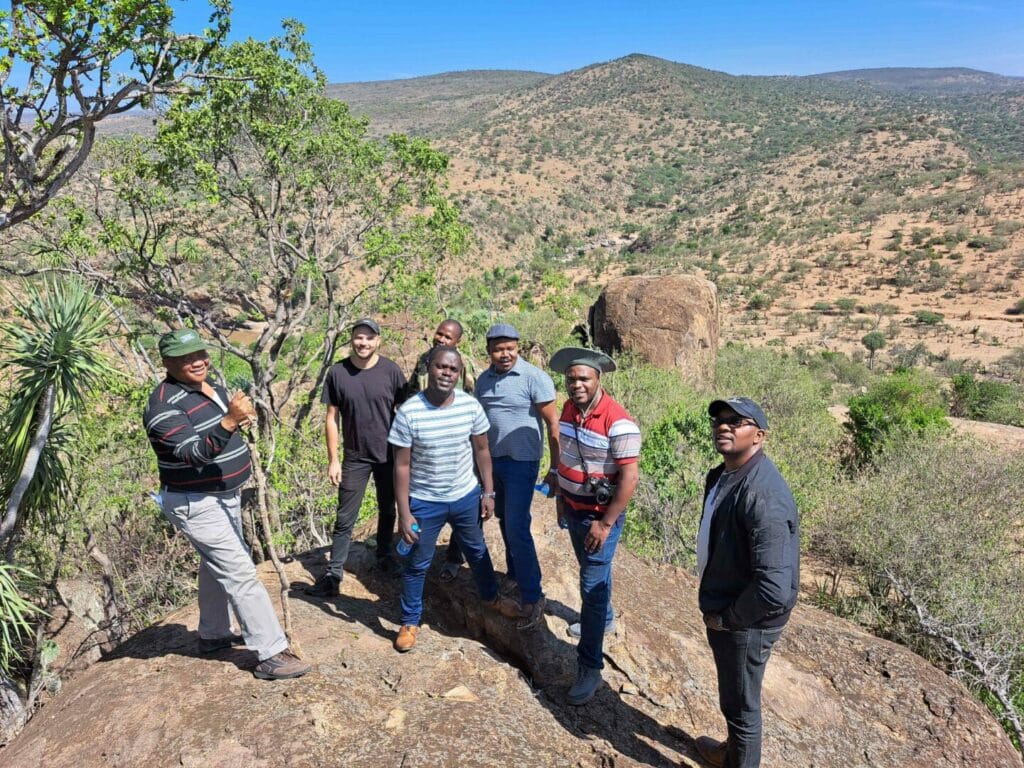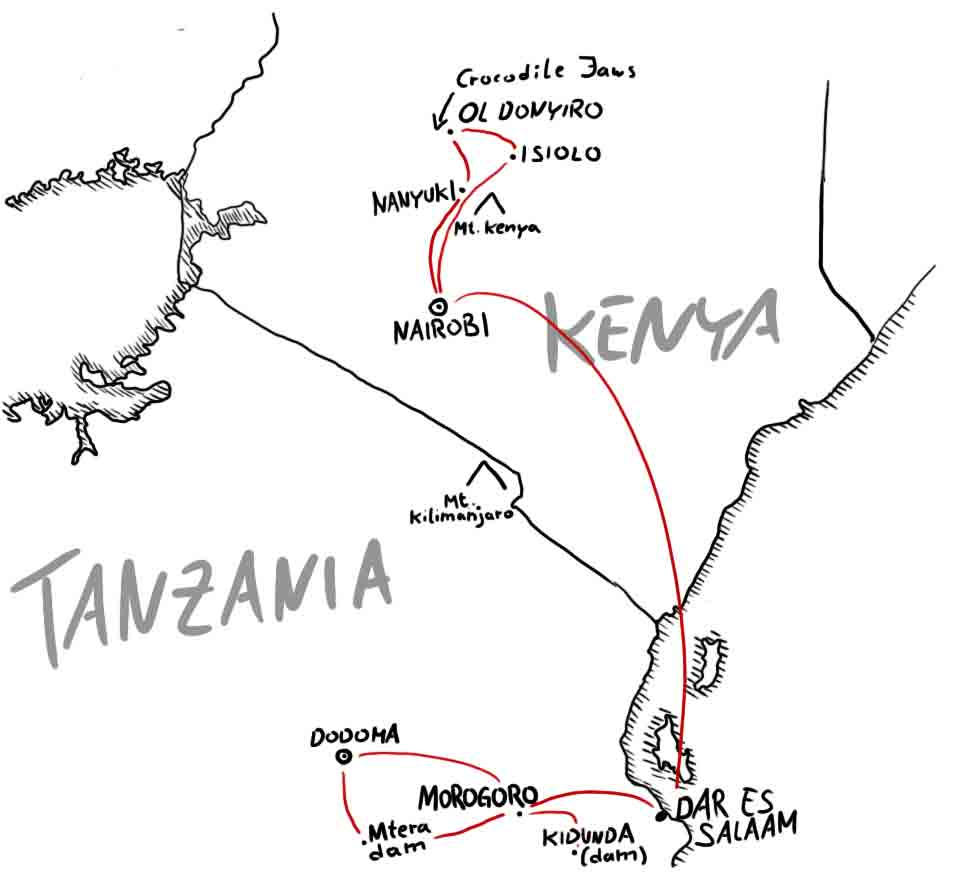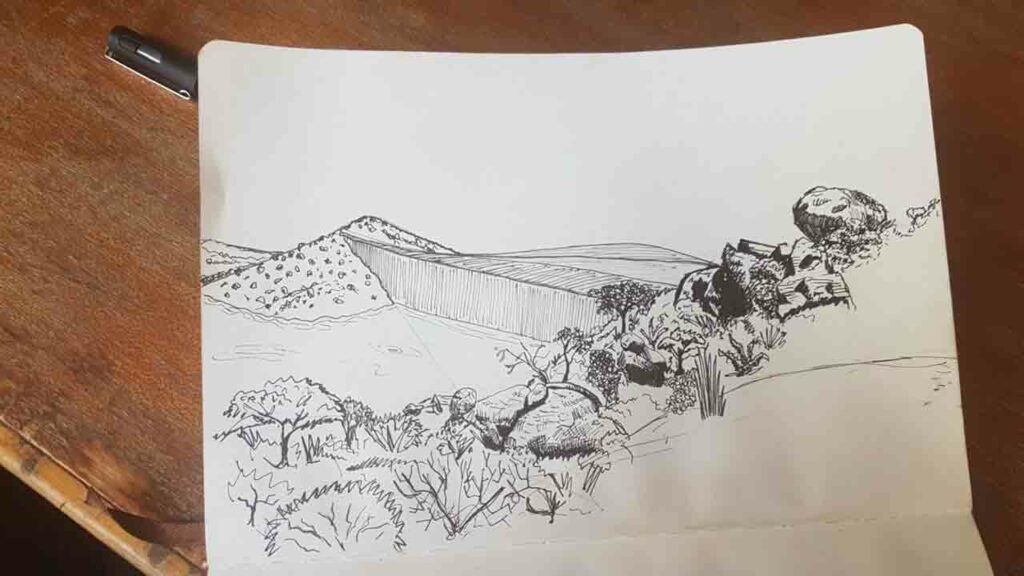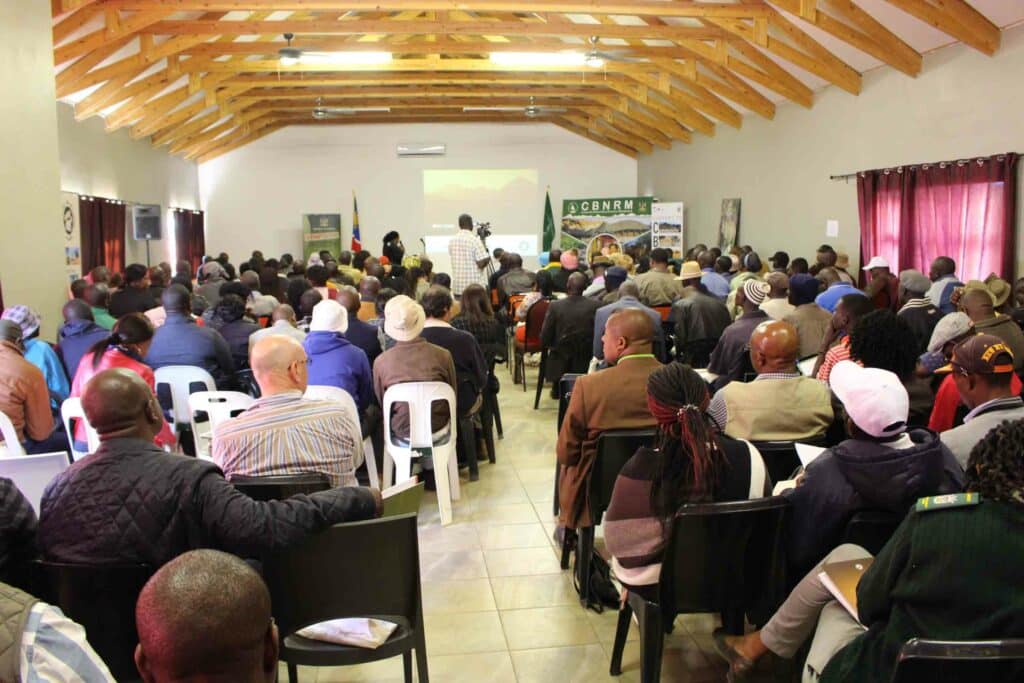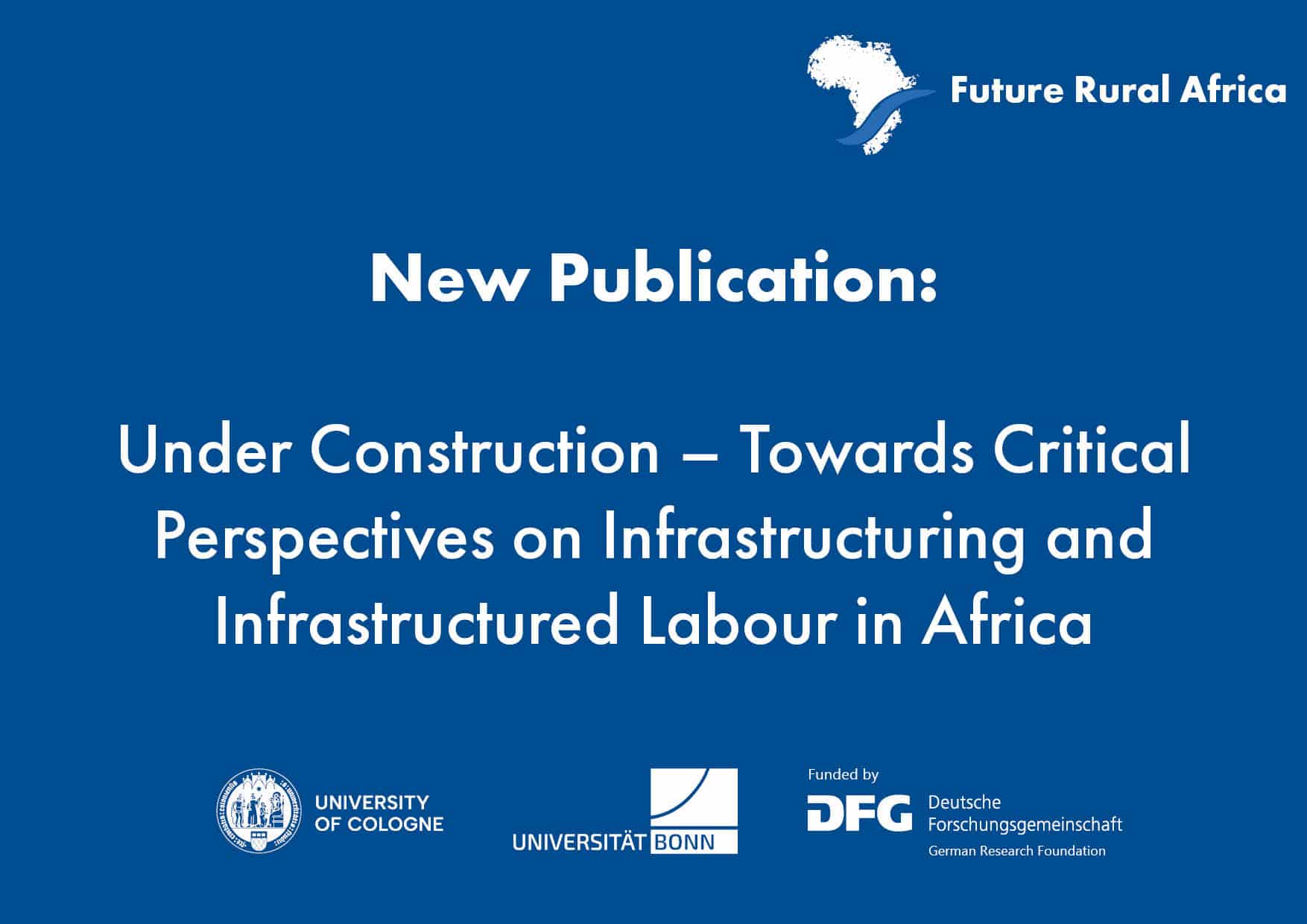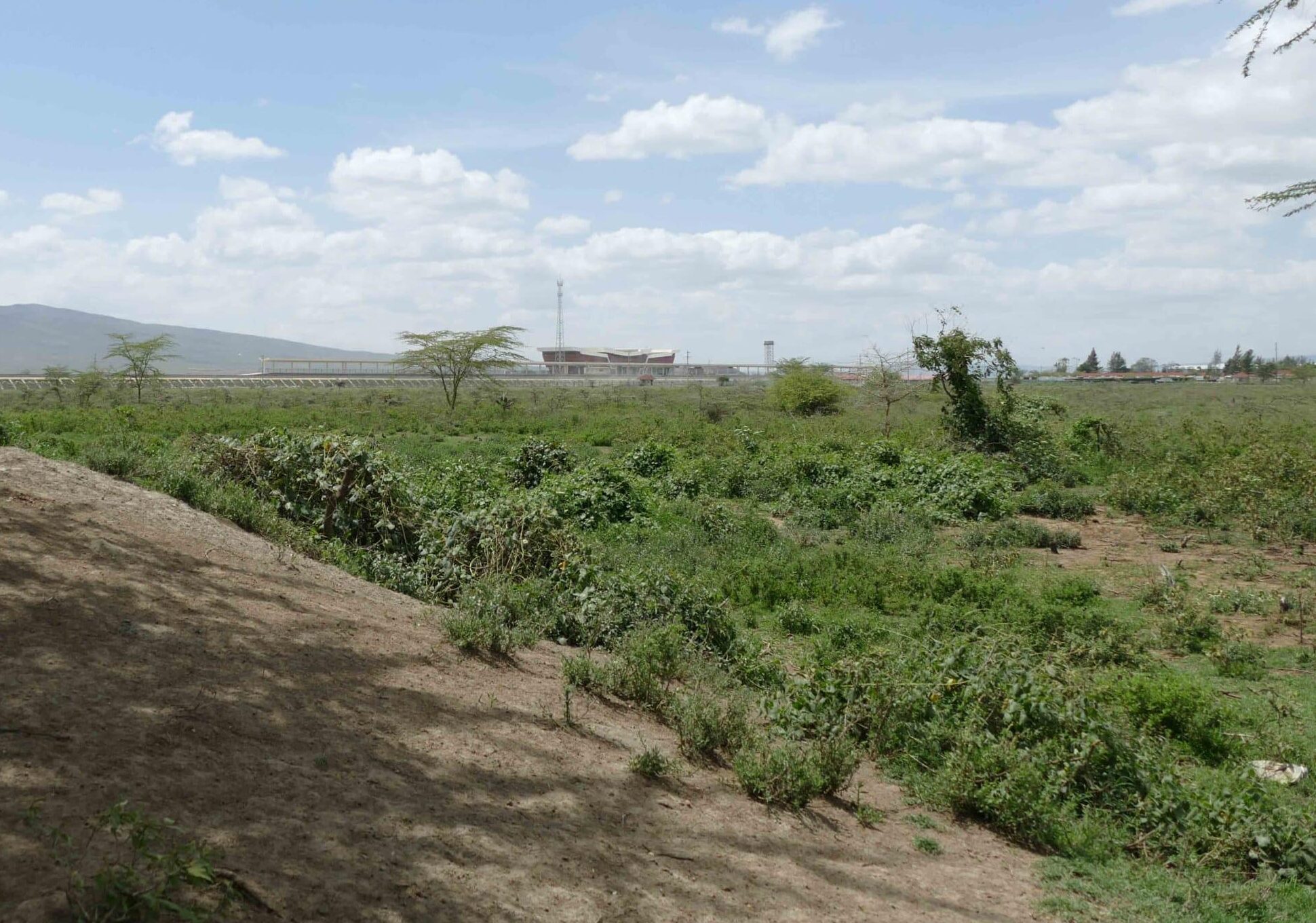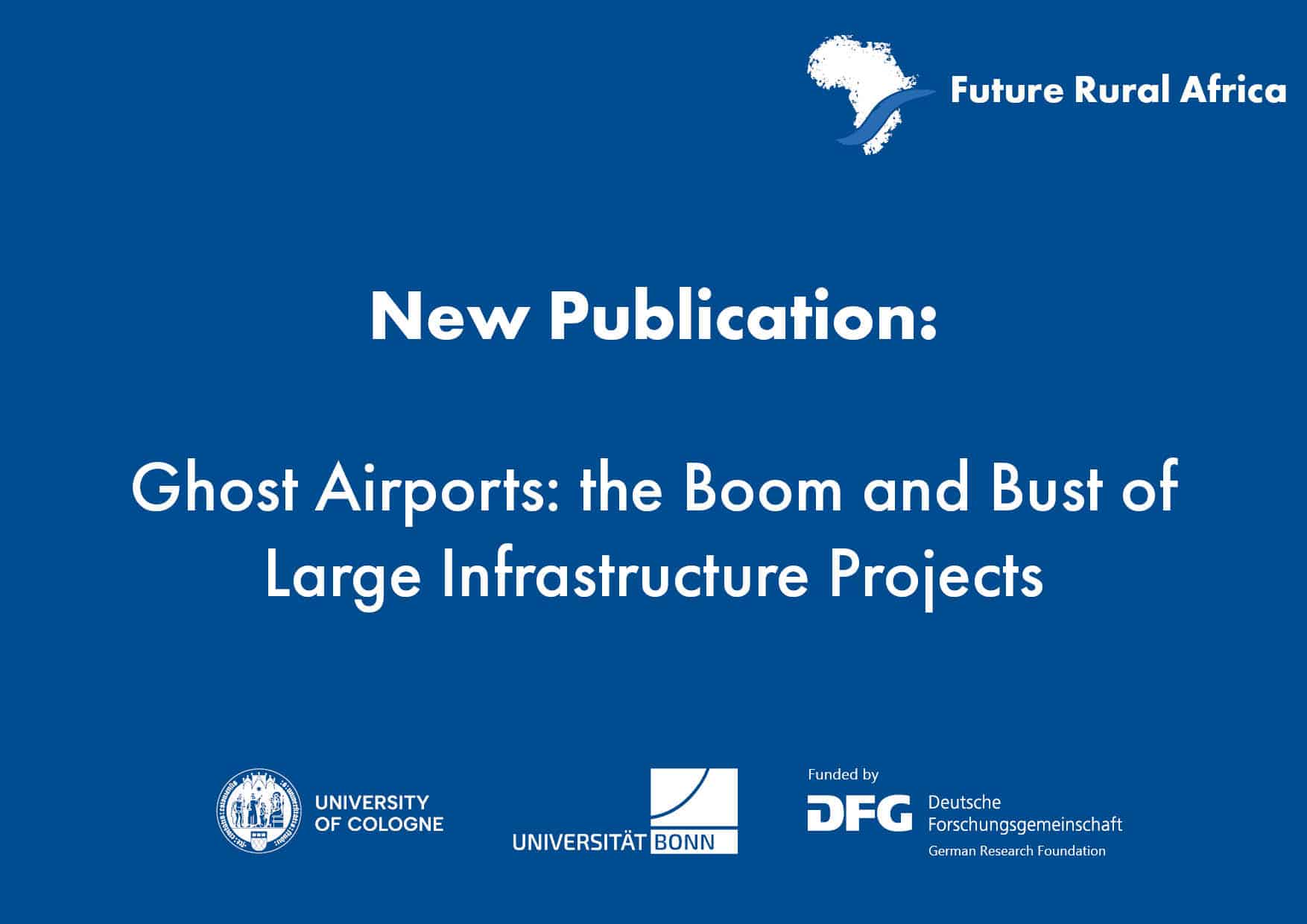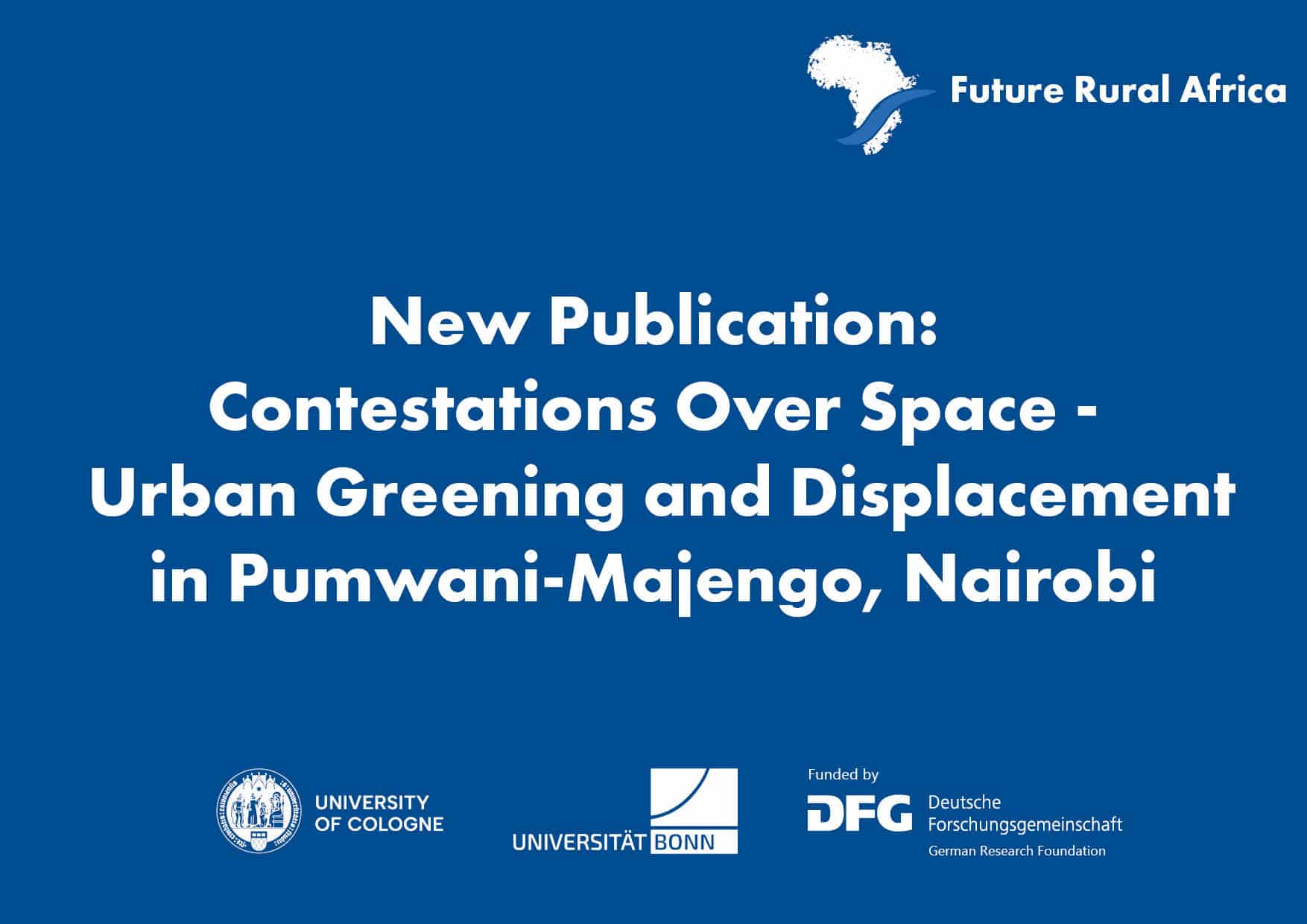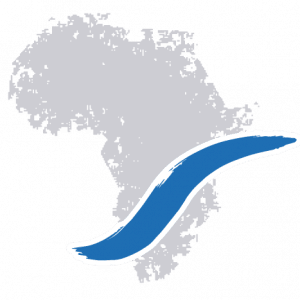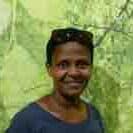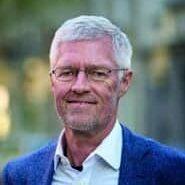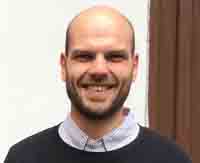CRC TRR 228 Project C03
Green Futures
The transformation of rural waterscapes in East Africa
C03 Green Futures
Vision
The project scrutinizes the ambiguity of large irrigation infrastructures as promising solutions to anticipated future problems and at the same time as creators of new uncertainties for local populations. It views hydro-development schemes in Kenya and Tanzania as arenas of future-making, where different actors struggle for control over the appropriation and allocation of resources.
Project Summary
Project C03 focusses on concepts of “green futures” and their role in the politics of land-use change. It approaches these concepts as “travelling models” of development to explore how they are translated into national and regional contexts, and how the translation is influenced by specific actors, visions, and technologies. In the first funding phase the empirical studies in Kenya, Tanzania, and Namibia focused on “Green Growth” as a travelling model that seeks to harmonize environmental and economic goals. In the second phase, project C03 will be joined by Kenyan ethnologist Eric Kioko as a new PI, and shift its empirical focus to an infrastructure oriented model of green futures based on the construction of dams and hydro-development schemes. Large irrigation infrastructures generally play an ambiguous role in future-making, because they are on the one hand justified as promising solutions to the anticipated future problems of climate change and population growth, but on the other hand they create new uncertainties for local populations, especially when they do not materialize as originally planned. Project C03 aims to scrutinize this ambiguity by approaching hydro-development schemes in Kenya and Tanzania as arenas of future-making, where different actors struggle for control over the appropriation and allocation of resources. Research design takes a longitudinal approach to capture the different stages through which large-scale infrastructure projects usually go before they become operational, from initial ideas and preparatory measures to concrete construction works. Empirical research will focus on projects that are still in planning or under construction, i.e. the Crocodile Jaws dam in Laikipia, Kenya, and medium-sized irrigation schemes in the Kilombero Valley, Tanzania. Methods include document analysis, multi-sited ethnography, expert interviews, participant observation, and focus group discussions with members of the local communities. C03 can build upon strong collaborative ties with scientific partners in the region, who will participate actively in empirical field work, theory-oriented reflection, and publications.
Research Regions: Kenya, Tanzania
Problem Statement
‘Green’ concepts of development are becoming increasingly influential in the Global South. They envision to harmonize ecology (‘green’) and economy (‘growth’). Critics, however, see them as neoliberal variants of environmental governance that foreclose alternative approaches of development.
Key Questions
- How do travelling models and local arenas of hydro-development influence future-making and social-ecological transformation in Kenya and Tanzania?
Methodology
- Qualitative Ethnographic Methods
- Focus Groups Discussions
- Semi-Structured Qualitative Interviews
- Participatory Observation
Outlook for Phase III
Project C03 focuses on the role of water in shaping future-making in Kenya and Tanzania. The aim is to explore how the development of hydraulic infrastructure – dams, boreholes, irrigation schemes – is reshaping waterscapes in the two countries, and how this affects the visions and opportunities of rural people. Limits to water availability, distribution and access are increasingly felt as challenges, yet national development plans that envisage climate-resilient economic growth hinge upon the intensification of water resources development for energy and agricultural production, both of which are supported by substantial (and often international) financial flows. This dynamic has important implications for rural areas, which are not only key sources of water, but are also undergoing rapid socio-spatial change in connection with economic development themselves, which also changes their own water needs. In this context of increasingly intense competing demands over water, there is a risk that rural populations’ own visions for water uses, institutions and cultures become overridden by external political and economic pressures.
The research design builds upon findings of the first two phases, i.e., the relevance of green economy narratives (first phase) and the study of dams as arenas of future-making (second phase). In the third phase we will expand our focus to a broader set of water infrastructures that seek to develop new sources of water or redistribute existing sources (e.g., inter-basin
transfers), thereby addressing the interface between water, energy, and agriculture. These
infrastructures produce complex interdependencies that are connected by water at multiple scales, determining distribution, availability, and accessibility. We employ the term waterscape to denote the ways in which water flows, infrastructure, institutions, and discourses are shaped by political, social and economic relations, and, in turn, how the materiality and cultural meanings of water also influence these relations. This analysis will enable us to better understand rural people’s relationships with water resources and governance (i.e., the structures, processes and practices for decision-making around water), and how these underpin their own visions and capabilities for future development.
The use of waterscapes as an analytical lens benefits from the expertise of Jessica Budds, who joins the project as PL in the third funding phase. Her interests in marketized approaches to water management and governance complement the other two PLs’ existing research on the political ecology of water and water resources development. We will shift the focus in the third phase to water as a key resource that is bound up in social-ecological transformation and
the push for climate-resilient economic growth in ways that are significantly reshaping rural areas, especially where these harbour potential sources of water for urban centres, industry, and energy production.
The project addresses the following key question:
How does the redistribution of water to urban, industrial and energy uses shape the futures of rural areas and populations in Kenya and Tanzania?
This key question is supported by the following guiding questions:
- What are the political and economic drivers and dynamics of water redistribution across geographical scales?
- How do rural people actively engage with plans for new infrastructure to redistribute water?
- How do rural people articulate their own visions for water-related development, and how do they endeavour to materialize such visions through their capabilities and
labour?
Key Findings From Phase II
The findings of C03 in the second phase demonstrate how the construction of dams in Kenya and Tanzania is accompanied by conflicts over localisation, design and benefit-sharing, turning construction sites into 'arenas of future-making'. In some cases, it was clear that local actors had mixed reactions to the projects, ranging from great expectations and hope for employment and income generation to fierce resistance against infrastructural 'horrors'.
By engaging with the temporality of infrastructure and applying both a geographical and historical perspective, we reveal how processes of future-making in the present are strongly influenced by past futures, former promises and anticipatory practices, while simultaneously remaining future-oriented. As infrastructure is constantly interrelated with the shaping of societies, infrastructural promises and future-making around infrastructure is crucial for social-ecological transformation and future-making across the region as a whole. To understand the structural conditions and future tendencies, phase three of the project will require a broader perspective that goes beyond focusing on dams as political arenas.
Key Findings from Phase I
In the first funding phase, project C03 “Green futures” focussed on development initiatives that seek to harmonize environmental aspects (“Green”) and economic goals (“Growth”). The main findings give evidence of the heterogeneity of these initiatives and related politics of land-use change in Kenya, Tanzania, and Namibia. The differences can partly be explained by the physical conditions of the three study sites, and more prominently by the diverse political and institutional framework in the three countries. The case studies showed how “green” concepts are used as “travelling ideas” of development, which are translated and modified according to national politics and power plays.
Key Milestones
2018
• Start of the first phase of the CRC
• Exploratory field visits in Tanzania and Namibia
• Master students field trip to Tanzania with C03 cooperation
• Kick-off workshop and Summer School in Nairobi
• Start of the Graduate School (a.r.t.e.s in Cologne)
• Internal discussion on preliminary findings
• Participation: OECD Green Growth Conference, Paris
• Presentation: DIES Academicus, Bonn
• PhD Workshop near Cologne
2019
• Presentation: NKG, Eichstätt
• Field work in Tanzania, Kenya and Namibia
• Household survey in Tanzania
• Summer School in Nairobi
• CRC-Retreat: Kloster Steinfeld
• Participation: OECD: Green Growth Conference in Paris
• Qualitative Interview, Green Growth Institute Director, Bonn
2020
• All PhDs come back from African countries
• Writing Workshop (Online)
• Interview with presidential candidate Tundu Lissu (Online)
• CRC Summer School and Retreat (Hybrid)
2021
• Second funding phase project proposal submission
• Participation: AAG Conference
• Participation: IDS Summer School (forthcoming)
• DFG funding proposal review (forthcoming)
• Participation: Digitalal DKG/ GeoWoche (forthcoming)
2022
• Launch of Phase II
September 2022
• Project Presentation at CRC-TRR 228 Kick-Off Event & Summer School in Windhoek, Namibia
Relation to the CRC
Project C03 contributes to key questions of the CRC by investigating dams and hydrodevelopment schemes as examples of future-making through infrastructure. Furthermore, the project addresses the ambiguity between long-term vision and the quotidian experience of uncertainty.
Publications
Aalders, T., Guma, P. K., Owino, E., Tups, G. 2025. Under construction – towards critical perspectives on infrastructuring and infrastructured labour in Africa. Territory, Politics, Governance, 14(2), 191–204. DOI
Aalders, T., Klagge, B. 2023. Sprung ins Ungewisse: Chancen und Risiken technologischer Entwicklung in Afrika. In: Geographische Rundschau (10), S. 26 – 29. Westermann Verlag. DOI
Aalders, T., Müller-Mahn, D. 2025. The hard work of future-making: alienated futures, invisible labour and liberation. Territory, Politics, Governance, DOI
Bazzana, D., Gebreyes, M., Simonetto, A., Müller-Mahn, D., Zaitchik, B., Gilioli, G. und Belay, S. 2020. Local perceptions of the effect of dam construction on well-being and water-energy-food securities in Ethiopia, in: Sustainability. DOI
Biber-Freudenberger, L., Bogner, C., Bareth, G., Bollig, M., Dannenberg, P., Revilla Diez, J., Greiner, C., Mtweve, P. J., Klagge, B., Kramm, T., Müller-Mahn, D., Moseti, V., Nyamari, N., Ochuodho, D. O., Kuntashula, E., Theodory, T., Thorn, J., Börner, J. 2025. Impacts of road development in sub-Saharan Africa: A call for holistic perspectives in research and policy. iScience, Volume 28, Issue 2. DOI
Boeckler, M., Engel, U., Müller-Mahn, D. 2018. Regimes of Territorialization: Territory, Border and Infrastructure in Africa. In: Engel, U., Boeckler, M., Müller-Mahn, D. (eds.) 2018. Spatial Practices: Territory, Border and Infrastructure in Africa. Leiden, Boston: Brill, pp. 1-22. DOI
Chomboko, D., Theodory, T., Brüntrup, M., Shillingi, V., Kativu, S. N., & Hornidge, A. K. 2025. Indigenous knowledge for sustainable food security in Turiani division, Tanzania. Cogent Social Sciences, 11(1). DOI
Dittmann, J., Müller-Mahn, D. 2023. Transfrontier Conservation Governance, Commodification of Nature, and the New Dynamics of Sovereignty in Namibia. In Conservation, Markets & the Environment in Southern and Eastern Africa (pp. 107–134). Boydell & Brewer Ltd. DOI
Dittmann, J., Müller-Mahn, D. 2023. Transfrontier conservation governance, commodification of nature and new dynamics of sovereignty in Namibia. In: Bollig, M., Lendelvo, S. et al. (eds), Commodifying the Wild. p. 107-133. James Currey Publishing, London.
Dittmann, J., Müller-Mahn, D. 2021. Transfrontier conservation governance, commodification of nature, and new dynamics of sovereignty in Namibia. In: Bollig, M., Lendelwo, S., Mosimane, A. & Nghitevelekwa, R. (eds): Commodifying the ‘Wild’: Conservation, Markets and the Environment in Southern and Eastern Africa. James Currey Publishing (2023).
Gebreyes, M., Müller-Mahn, D. 2019. Cultural Political Economy of Irrigation Management in Northeastern Ethiopia: The Case of the Kobo-Girana Valley Development Programme”. In: Water Alternatives. Link
Kioko, E.M. 2021 Commodifying East Africa’s Sandalwood: Organised crime and community participation in the transnational smuggling of an endangered plant. In: Bollig, M., Lendelwo, S., Mosimane, A., Nghitevelekwa, R. (eds): Commodifying the ‘Wild’: Conservation, Markets and the Environment in Southern and Eastern Africa. James Currey – Boydell and Brewer Publishers (2023)
Kioko, E.M. 2017. Conflict Resolution and Crime Surveillance in Kenya: Local Peace Committees and Nyumba Kumi. Africa Spectrum, Vol 52, Issue 1, pp. 3–32.
Kioko, E. M., Aalders, T. 2023. Die Entkolonialisierung afrikanischer Zukünfte. Geographische Rundschau (10), S. 40 – 43. Westermann Verlag. DOI
Kioko, E.M., Changwony, W. 2025. Infrastructure-driven land appropriation, institutional change and conflict in a communal conservancy in Kenya, World Development, Volume 195, 2025, 107089, DOI
Kioko, E.M., Gravesen M. 2019. Cooperation in the midst of conflict: cattle raids and land deals in Laikipia and Narok, Kenya, Africa (Cambridge University Press), Vol 89, Issue 3, pp. 562-585. DOI.
Kuiper, G., Kioko, E., Bollig, M. (eds.) 2024. Agricultural Intensification, Environmental Conservation, Conflict and Co-Existence at Lake Naivasha, Kenya. Leiden: Brill. Link
Minja. E.A. 2024. Imagining Hydropower: Transnational Narratives and Realities of the Stiegler’s Gorge Project in Tanzania, 1960s–1980s. Zamani: A Journal of African Historical Studies. Vol 1: no. 1 (2024) DOI
Minja, E., Chuhila, M.J., 2022. Ujamaa in the Kilombero Valley: Msolwa and Signali Villages as Symbols of a National Project, ca. 1967 – 1990s. Tanzania Zamani, Vol 14, No 1. Full Text
Minja, E., Müller-Mahn, D. 2025. Reviving a ghost project: the long history of the Nyerere Dam in Tanzania. Third World Quarterly, 1–22. DOI
Müller-Mahn, D. 2023. Africa Rising? Das Auf und Ab von Entwicklungsdiskursen. Geographische Rundschau (10), p. 4 – 10. Westermann Verlag.
Müller-Mahn D. 2020 Zukunftskontinent Afrika? Entwicklungsperspektiven zwischen Wunsch und Wirklichkeit. UNIVERSITAS 75 (12), 4-18.
Müller-Mahn, D. 2019. Envisioning African Futures: Development corridors as dreamscapes of modernity. In: Geoforum. DOI
Müller-Mahn, D., Owino, E. A., Theodory, T. F. 2026. Ghost airports: the boom and bust of large infrastructure projects. Third World Quarterly, 47(1), 221–238. DOI
Müller-Mahn, D., Dannenberg, P. und Klagge, B. 2019. Das ländliche Afrika im Umbruch – Entwicklungskorridore und die Transformation des Agrarsektors. Geographische Rundschau (11), 10-16.
Müller-Mahn, D., Dittmann, J. 2019. Die Schatten der Geschichte: Koloniale Landnahme und ihre Folgen in Namibia. In: Geographische Rundschau 71, (5), 30-33. Link
Müller-Mahn D., Gebreyes, M. 2019. Controversial Connections: The Water-Energy-Food Nexus in the Blue Nile Basin of Ethiopia. In: Land, vol. 8(9), pp. 1-20. DOI
Müller-Mahn, D. & Gemählich, A. 2023. The cut flower industry in the social-ecological system of Lake Naivasha: Production networks and marketization. In: Kuiper, G., Kioko, E. & Bollig, M. (eds), Agricultural intensification and resource conflicts: Social dynamics in the Lake Naivasha Basin. p.159-175. DOI
Müller-Mahn, D. Kioko, E.M. 2021. ‘Rethinking African futures after Covid-19’, Africa Spectrum. DOI
Müller-Mahn, D., Kioko, E.M. 2021. ‘COVID-19, disrupted futures, and challenges for African Studies’, in Greiner, C., S. van Wolputte & Bollig, M. (eds), African Futures, Brill, Leiden, 2023.
Müller-Mahn, D., Minja, E., Rieber, A. 2023. Forschungsalltag in Afrika – ein Projektbeispiel. Geographische Rundschau (10), S. 44 – 45. Westermann Verlag.
Müller-Mahn, D., Mkutu, K., Kioko, E.M. 2021. ‘Mega-projects – mega-failures? Politics of aspiration and the transformation of rural Kenya’, The European Journal of Development Research. DOI
Müller-Mahn, D., Moure, M., Gebreyes, M. 2020. Climate change, the politics of anticipation, and future riskscapes in Africa. Cambridge Journal of Regions, Economy and Society. Link
Müller-Mahn, D., Kioko E. 2024. Envisioning African Futures, in: Joint Futures: Ideas for Germany’s Africa Policy – Ideen für die deutsche Afrikapolitik, p. 108-110, Link
Nweke-Eze, C., Kioko, E.M. 2021. Investors’ sustainability tensions and strategic selectivity in the development of Geothermal Energy in Kenya. In: Leal Filho, W., Pretorius, R. and de Sousa, L. (Eds.) Sustainable Development in Africa, World Sustainability Series. Cham: Springer. Link
Opanga, V., Müller-Mahn, D. 2026. Cartel Economies and Urban Governance: The Interplay of Performative Politics, Social Embeddedness, and Land Control in Nairobi’s Informal Settlements. Africa Spectrum, 0(0). DOI
Pelling, M., Müller-Mahn, D., McCloskey, J. 2020. Disasters, Humanitarianism and Emergencies. A politics of uncertainty. In: Scoones, I., A. Stirling (eds.): The Politics of Uncertainty – Challenges of Transformation. Routledge, pp. 127-140. DOI
Rieber, A., Aalders, T., Munene, K. 2025. Displaced futures or futures in displacement? Anticipations around the proposed High Grand Falls Dam in Kenya.
Futures, Volume 166, DOI
Rieber, A., Kioko, E. M., Aalders, T. 2025. The non-economy of anticipation in the construction phase of large dams”, Journal of Political Ecology 32(1): 6117. DOI
Rieber, A., Müller-Mahn, D. 2024. Political arenas of infrastructure development—the case of a dam project in Kenya. Rev Reg Res (2024). DOI
Rieber, A., Nyaga, B. 2025. Claim-making in hydrosocial spaces: The temporality of displacement around Kenya’s Masinga Dam reservoir. Area, 00, e12993. DOI
Theodory, T.F., Kitole, F.A. 2024. Does rural water resource outcry elevate communities’ conservation for livelihoods in a pooled resource? A case of Mvomero district, Morogoro region, Tanzania. Sustain. Water Resour. Manag. 10 (81). DOI
Van Dam, A., van Engelen, W., Müller-Mahn, D., Agha, S., Junglen, S., Borgemeister, C., Bollig, M. (2023). Complexities of multispecies coexistence: Animal diseases and diverging modes of ordering at the wildlife–livestock interface in Southern Africa. Environment and Planning E: Nature and Space, 0(0). Full Text

